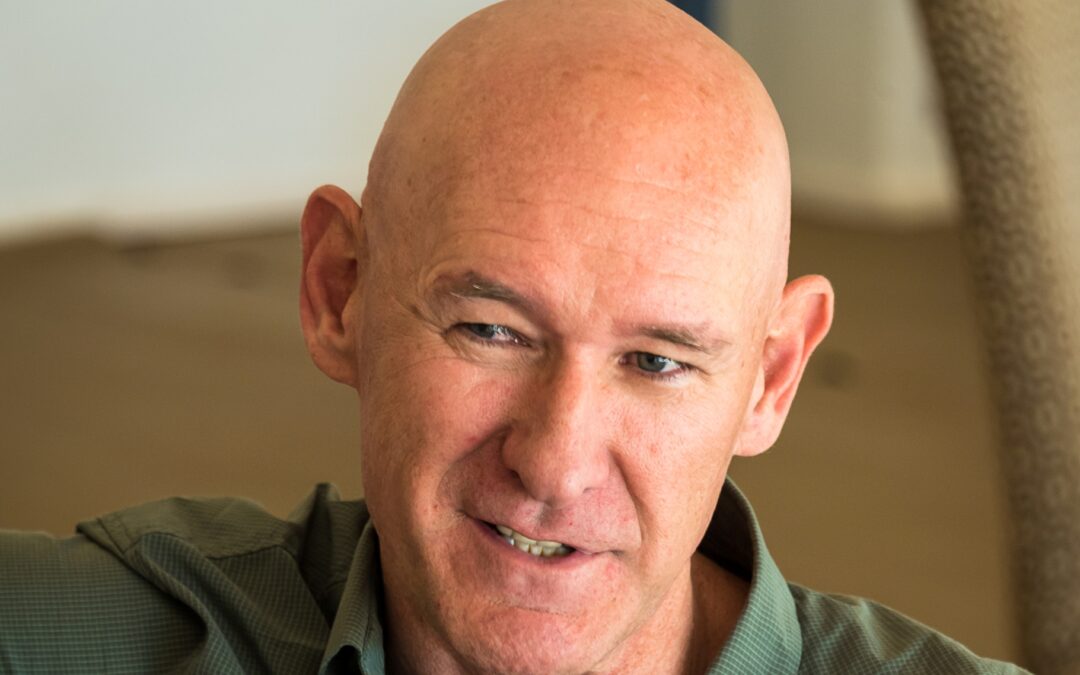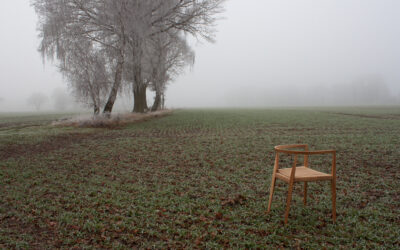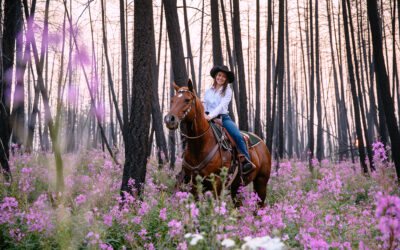Calvin Cottar is the co-owner of Cottar’s Safaris. He grew up in the tourism industry, inheriting the safari tradition from four previous generations of cottars. Calvin worked for the Kenya Wildlife Service Community department and initiated the District Wildlife Forums across 6 districts of Kenya in the mid 1990’s, as well as designing and initiating the ‘problem animal control’ strategy for the organisation.
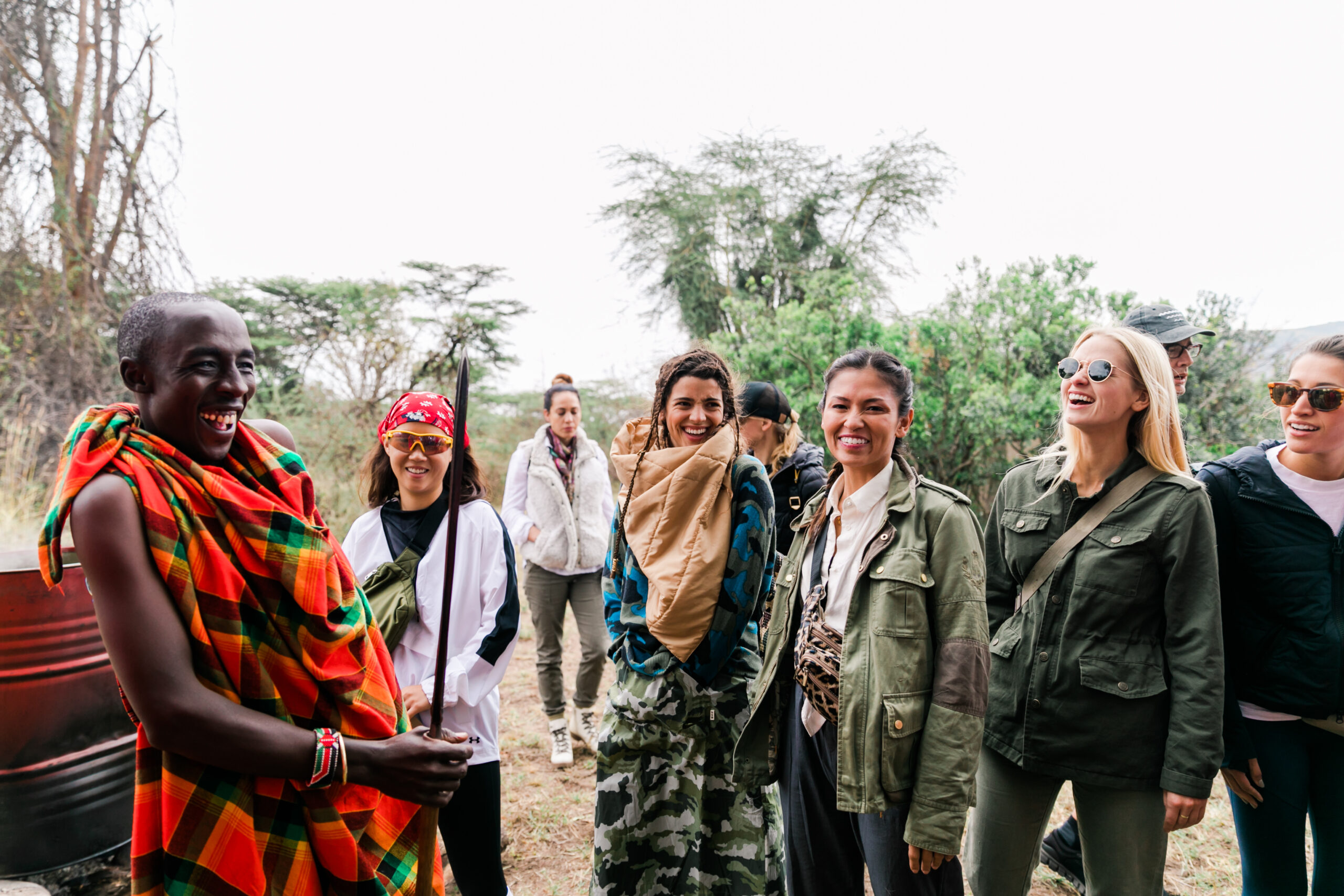
Calvin started Cottar’s 1920’s Camp in 1998 and began the first efforts to start a conservancy in 2003 with the Saruni CBO initiative which was then superseded by the new and more comprehensive Olderkesi conservancy land lease model that was signed in 2013 and which continues to date. Calvin is the Secretary for the Maasai Mara Wildlife Conservancies Association. He has contributed to numerous local, national and international wildlife and natural biodiversity conservation symposiums, and contributed to wildlife policy and the Maasai Mara National Reserve Management Plan.
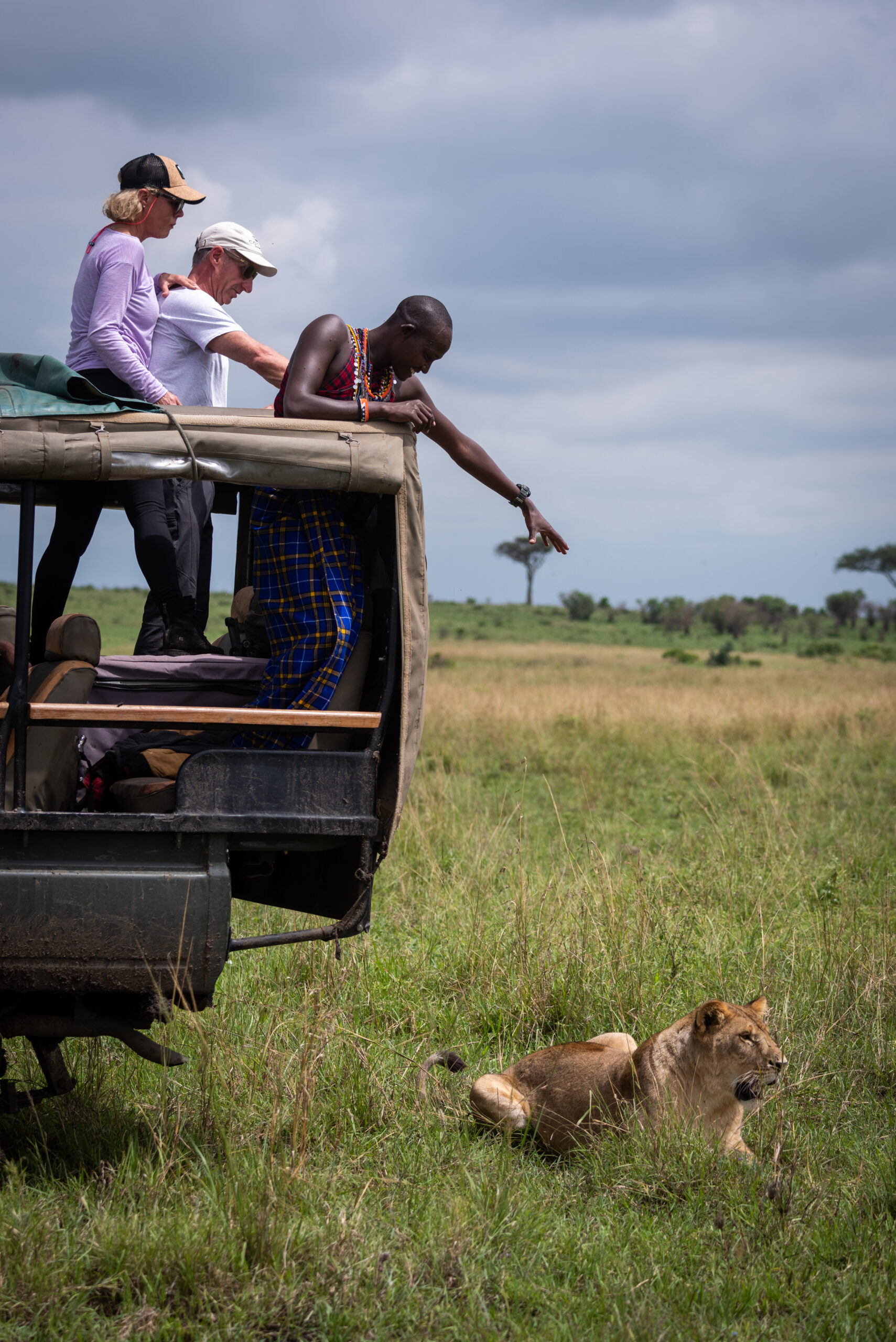
After an experience and involvement in the problem animal control strategy, Calvin came to realize the fact that localized ownership and monetization of wildlife in Kenya not being legal was forcing landowners to change to non wildlife land uses, and therefore the only way for landowners to earn income from wildlife was if the tourism industry (and other industries and sources) was to step up and lease their land directly to keep the wildlife.
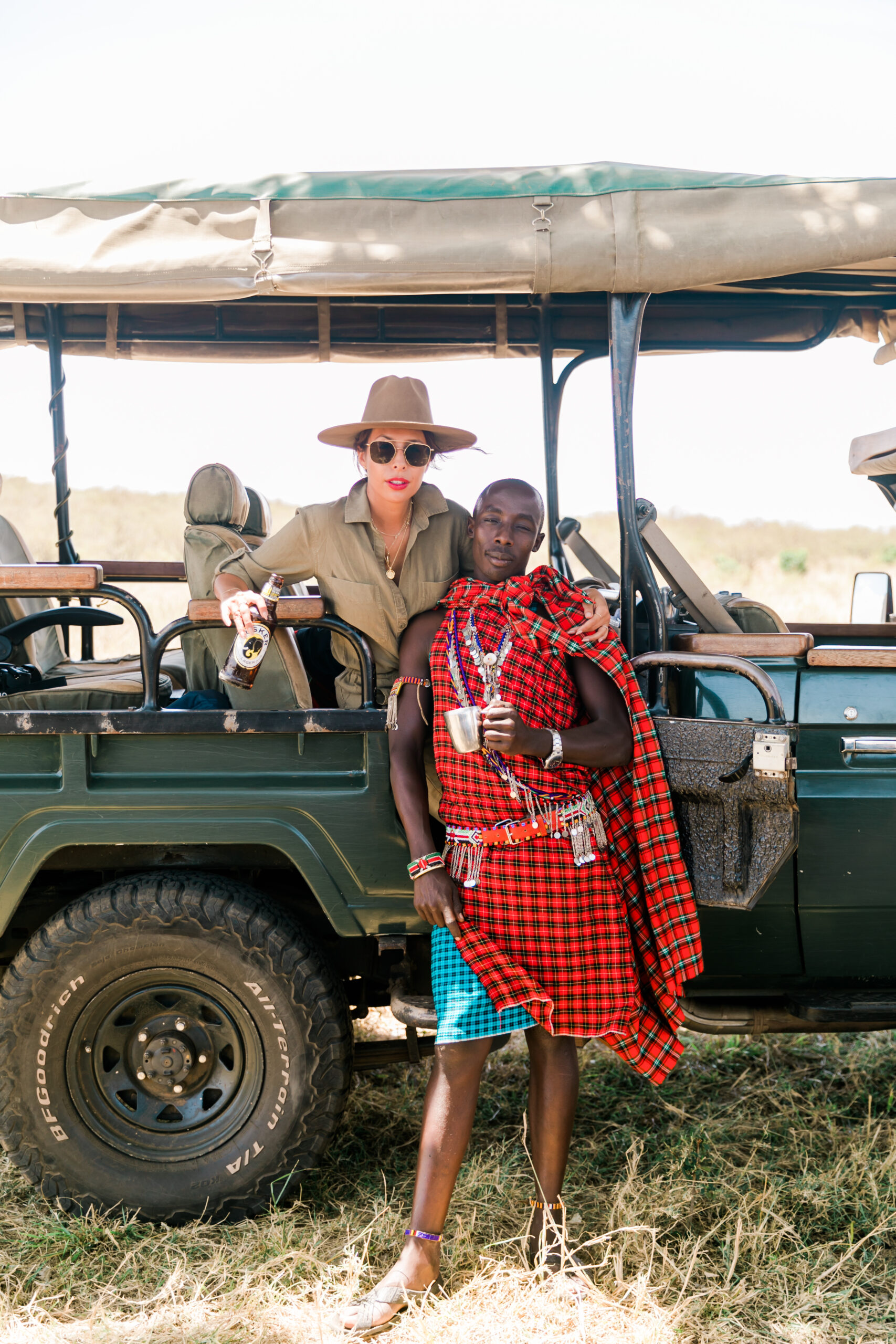
This leasing initiative became more and more important and personal as Cottars 1920’s Camp itself was situated on Community land, and was soon to be subdivided into individual parcels with fragmentation, fencing and farming inevitably to follow, which would have rendered the cottars 1920’s Camp valueless and impossible to market as a wildlife destination. Calvin has designed and implemented a unique leasing model that is based on collective responsibility, liability and benefits with the 6000 members of the Olderkesi community.
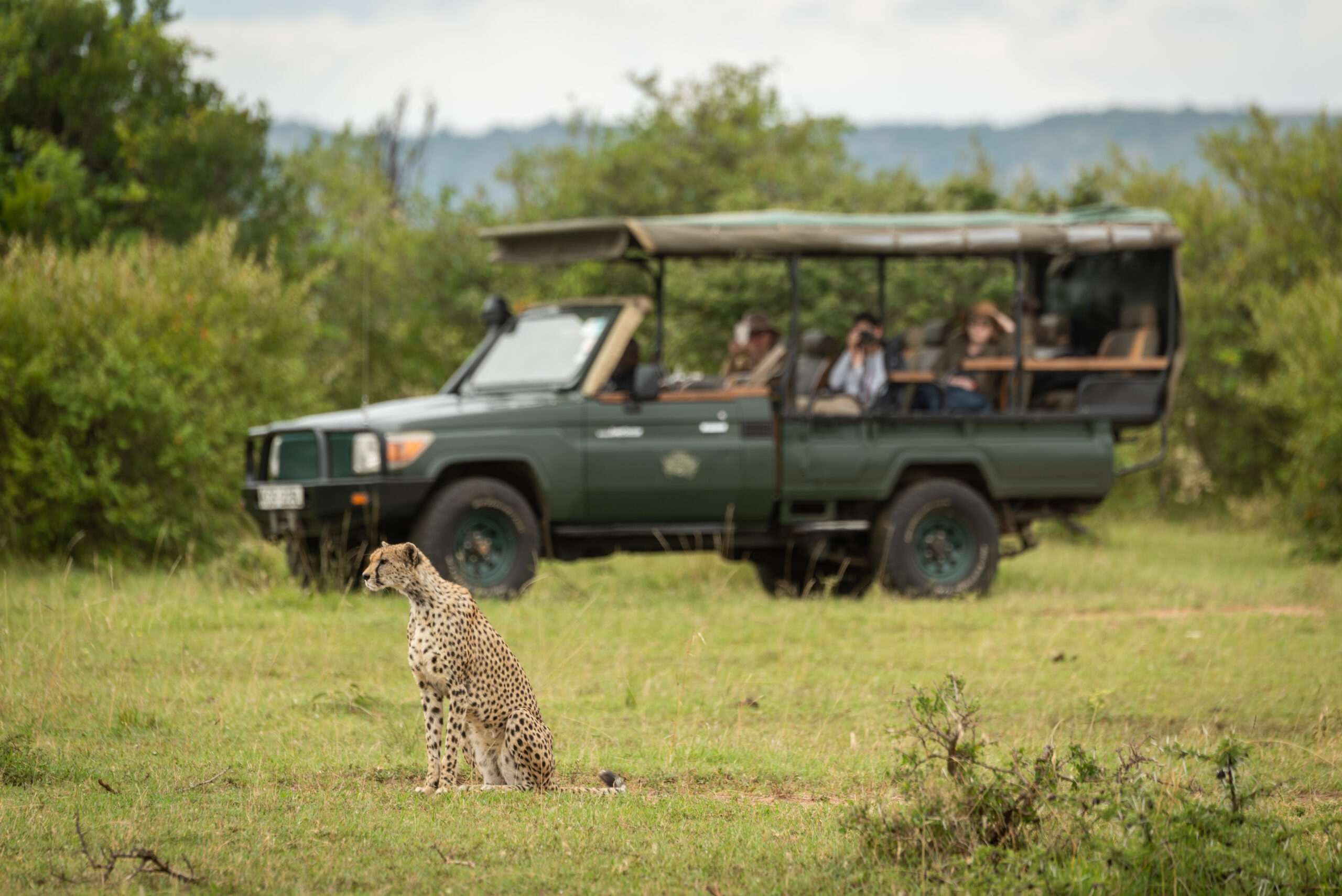
Tourists in truck watch cheetah on grass
Calvin’s biggest success is convincing the 6000 members of Olderkesi that their land should be set aside and be dedicated to wildlife and tourism. His biggest challenge while achieving this conservancy has been : (1) to make the leasing of conservancy work within the context of a for profit company 2) overcoming the ‘politics of proximity’ by out-maneuvering numerous powerful cattle barons and land speculators who are wanting to have their own private land plots adjacent to the MMNR inside what is the current Olderkesi Wildlife conservancy;(3) a general lack of willingness by the Kenya tourism industry as a whole to reconfigure itself to be more wildlife and community friendly; (4) to get donors to readjust their priorities and lease land for wildlife; (5) to get the Kenya government to give more support and importance to the conservancies.
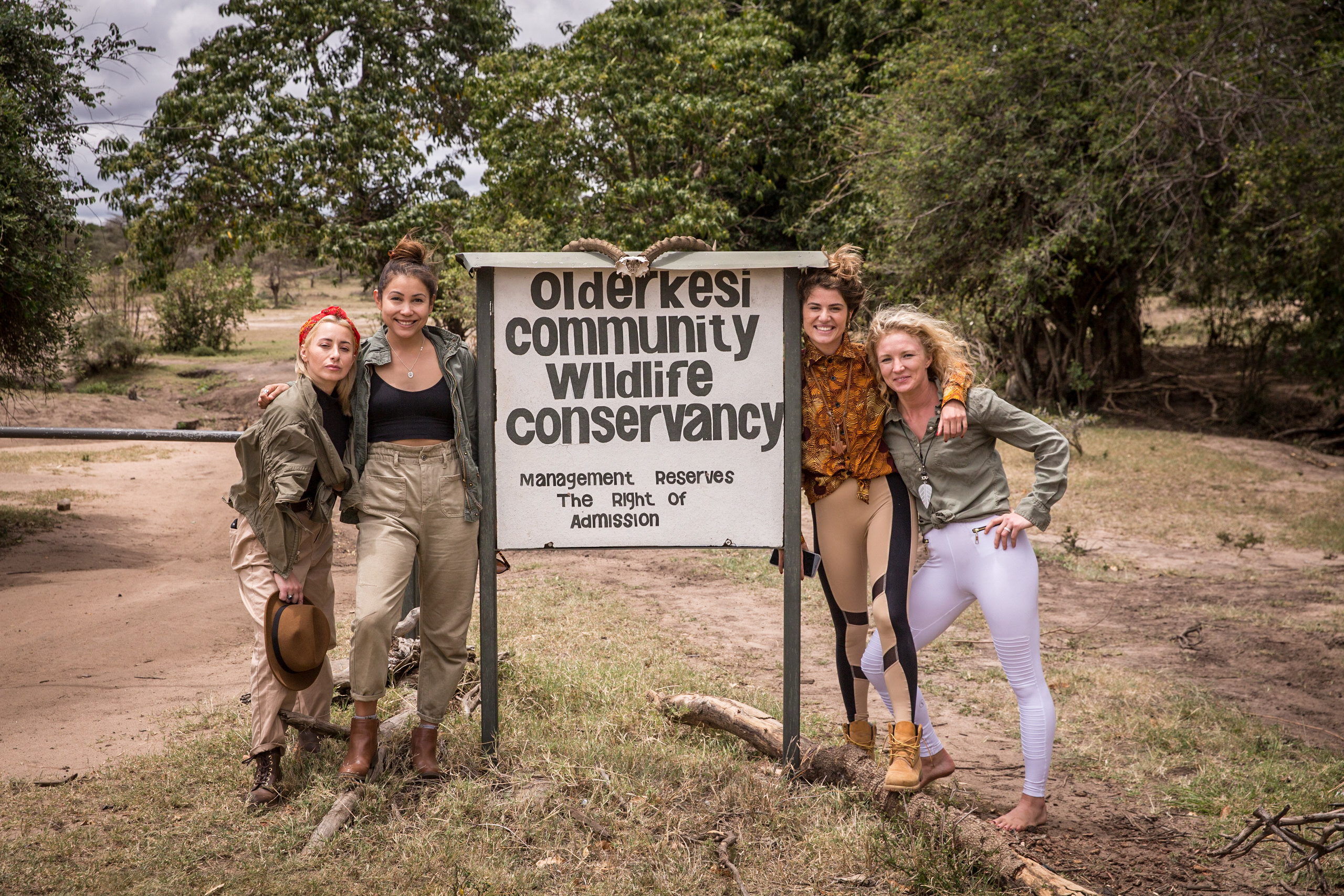
What are your thoughts about sustainable and impactful travel?
Sustainable and impactful travel is critical. It is important to ensure that those that claim to be sustainable and impactful are measured to a high standard to avoid the many players that green wash.
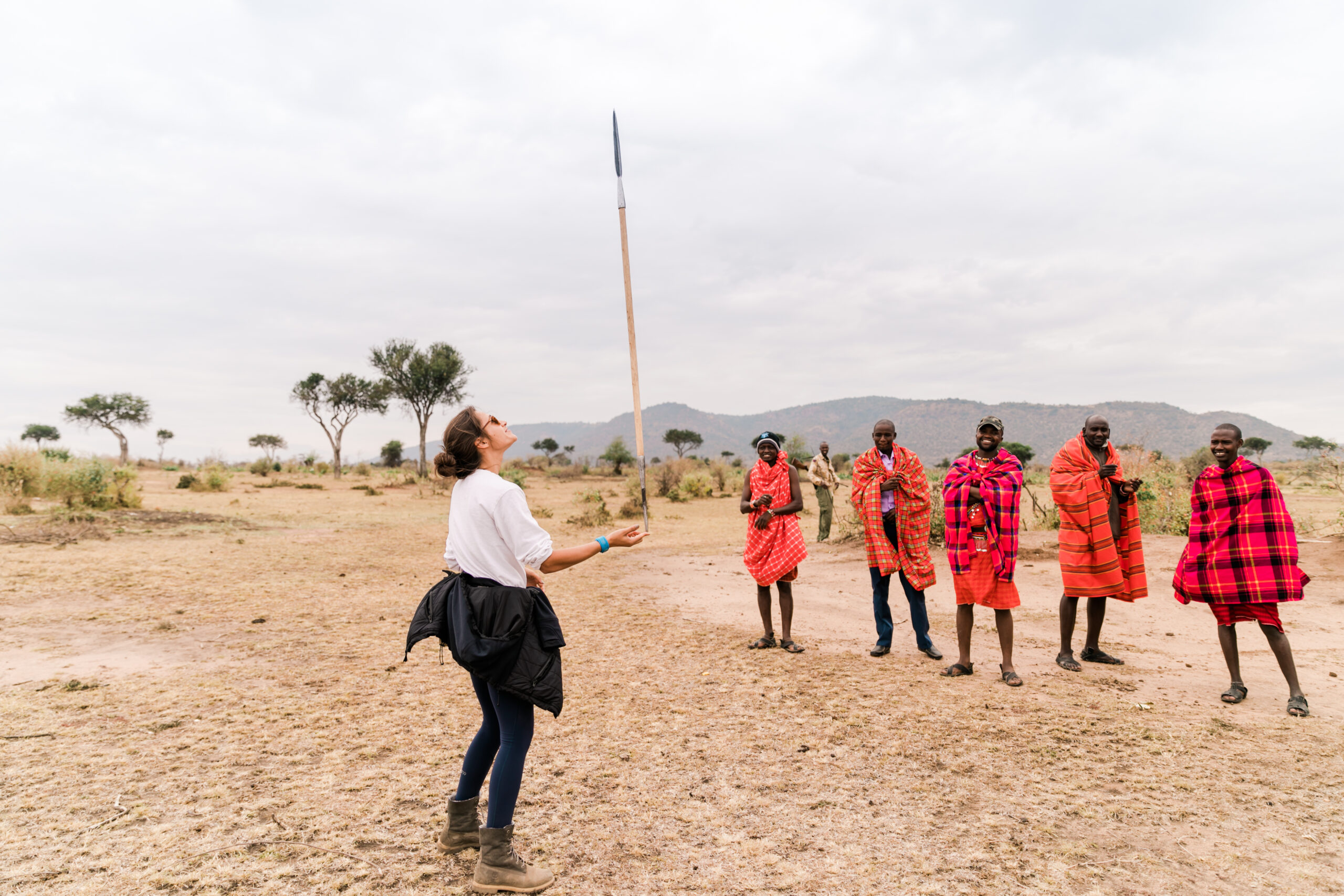
What’s integral to the work of a tourism conservationist?
The understanding that the current tourism drivers are fundamentally extractive and need to be reformed for more biodiversity conservation and equity focus and that individual companies therefore have to take the risk and change their own purpose for doing tourism and hopefully drag the industry along with them in the new direction. I see Cottar’s Safaris as taking such tough decisions. It’s my view that the more educated and younger buying public will in the future increasingly choose tourism operators that have more of a ‘planet saving and equity’ purpose rather than those just extracting cash.
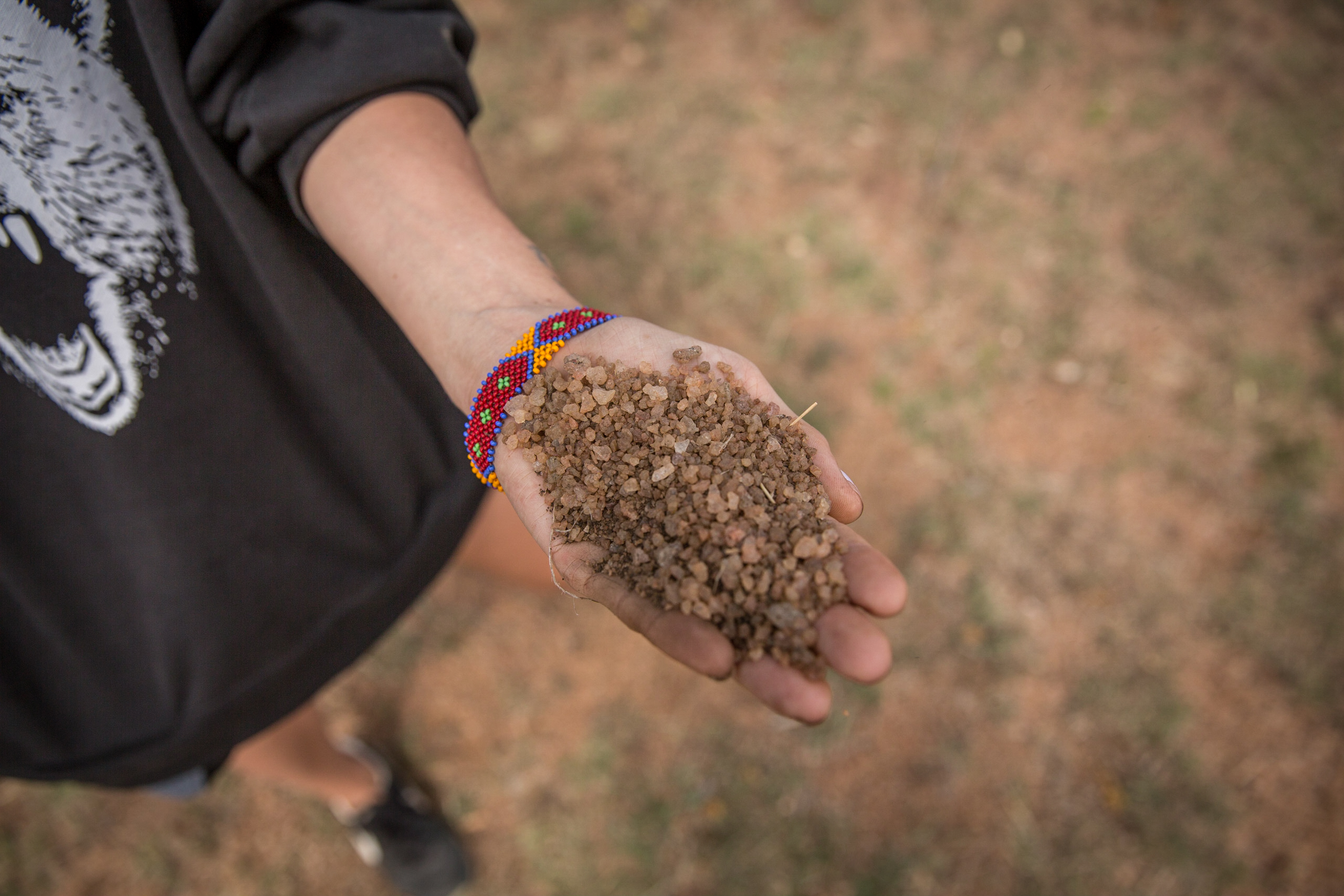
Describe a real-life situation that inspired you?
Walking on my own in the African bush the way all our ancestors did – and in particular a close brush with a leopard when I was 17 years old made me understand that we have to make biodiversity have enough real value for the people that own the land to keep over other land uses choices such as mono-culture farming and fencing.
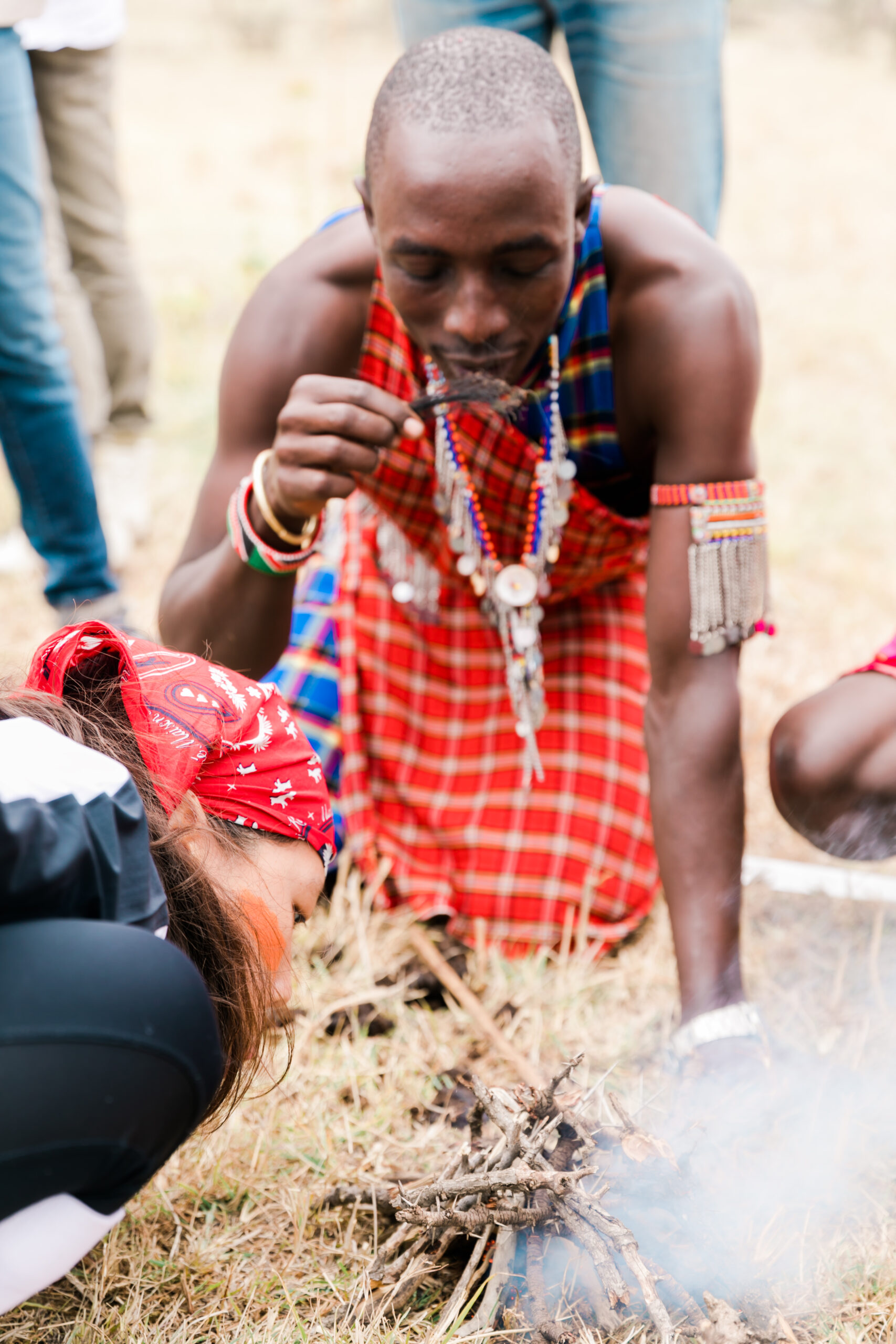
What memorable responses have you had to your work?
The surprise and understanding by thousands of our Maasai landowners that Cottar’s Safaris are offering a better alternative with our model of ‘leasing land’ conservation for their incomes and futures, compared to the devastating fragmentation and subsistence farming that is normally their only choice.
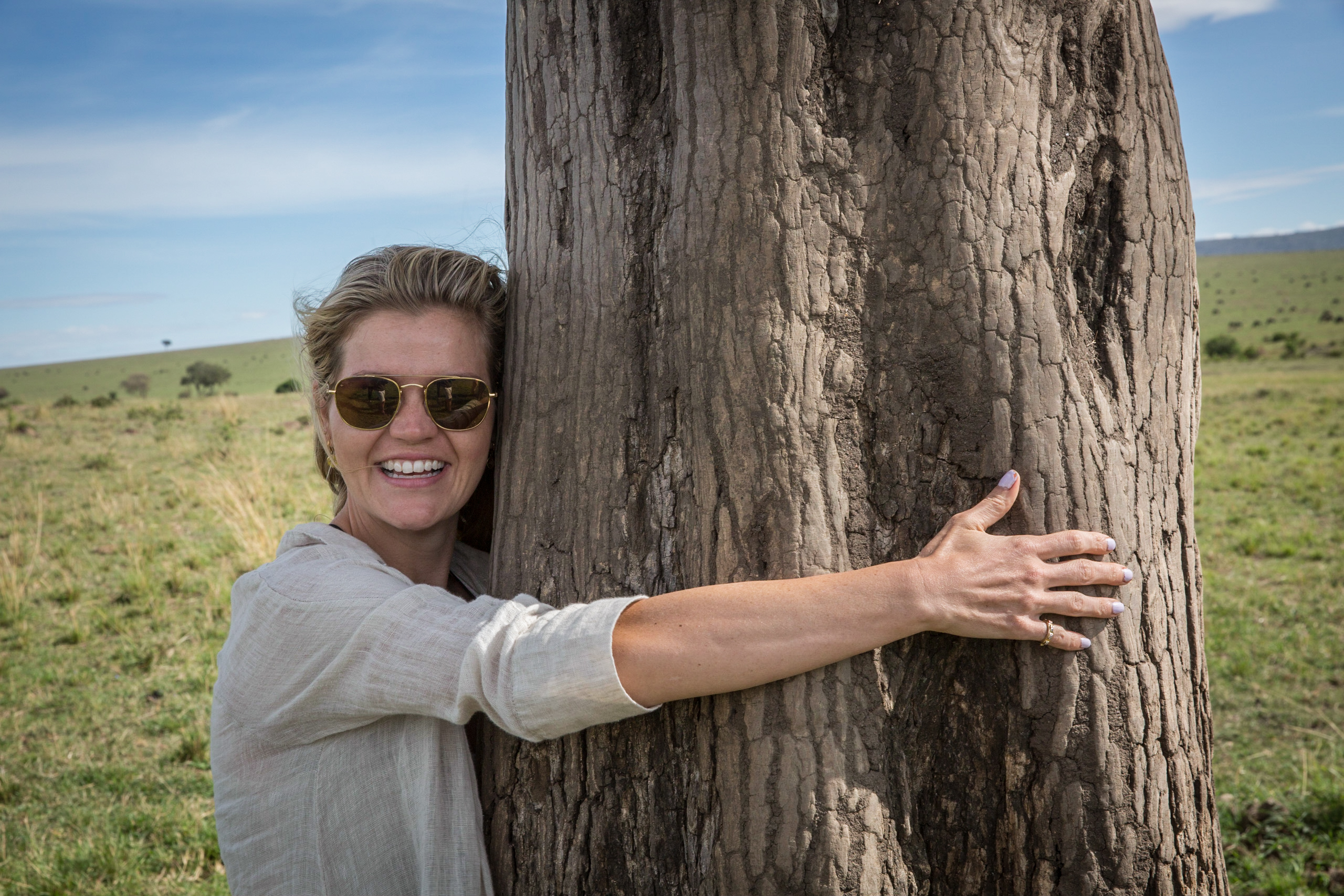
What food, drink, song inspires you?
Hmm…., nyama chroma (barbecued meat), good sushi for food; mocktails and coconut juice for drinks; I love the resonance and harmony of Maasai song which is eerily similar to other old peoples sounds such as Buddhism and Australian Aboriginal digeridoo – all of which try to mimic the sound of earth itself.
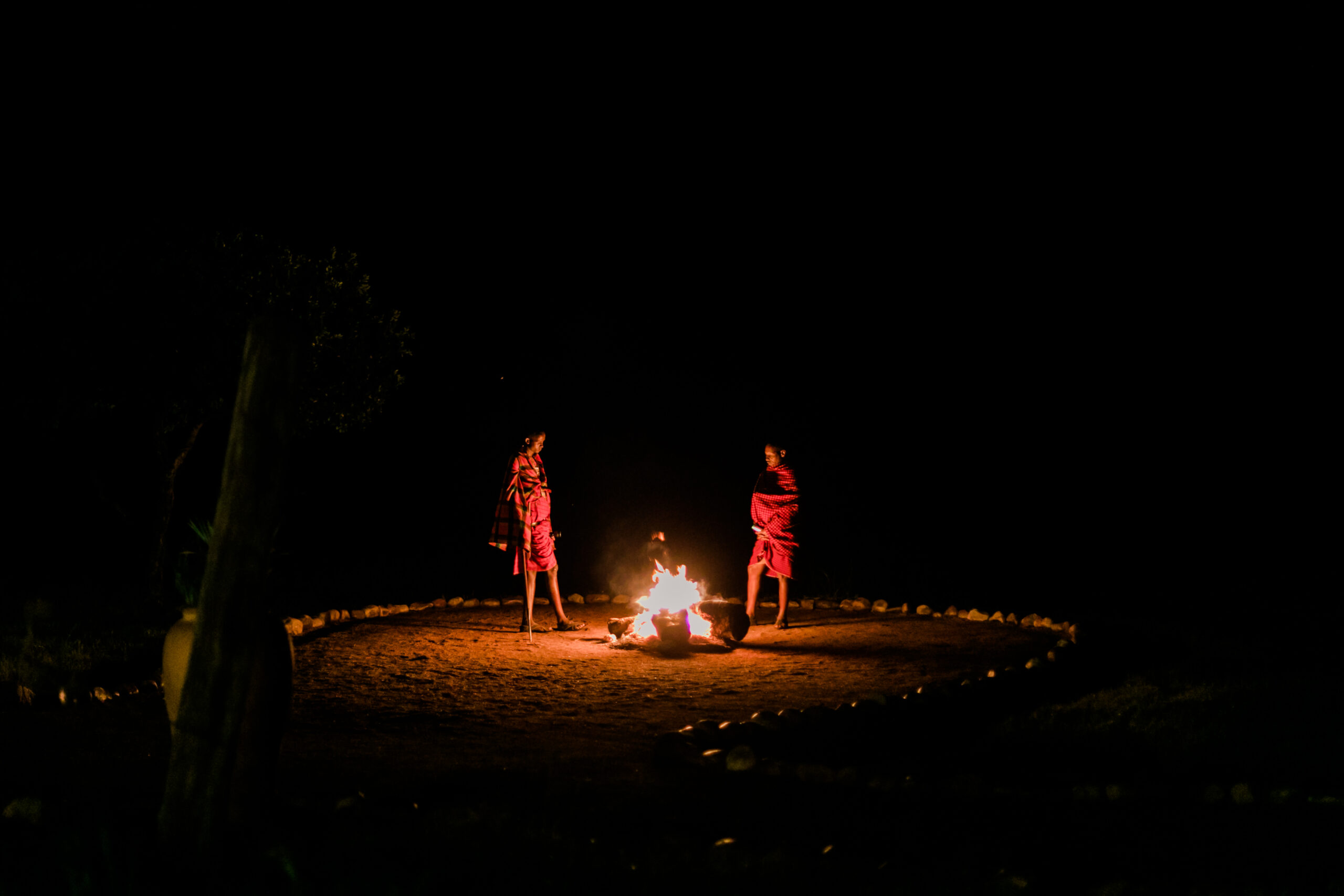
What do you like most about your work?
Always learning, it’s never complete, the satisfaction that what we are doing can be and is already being replicated by others, and that this work is just one piece of a range of actions that we have to take if we are going to save the biosphere for all life as we know it.
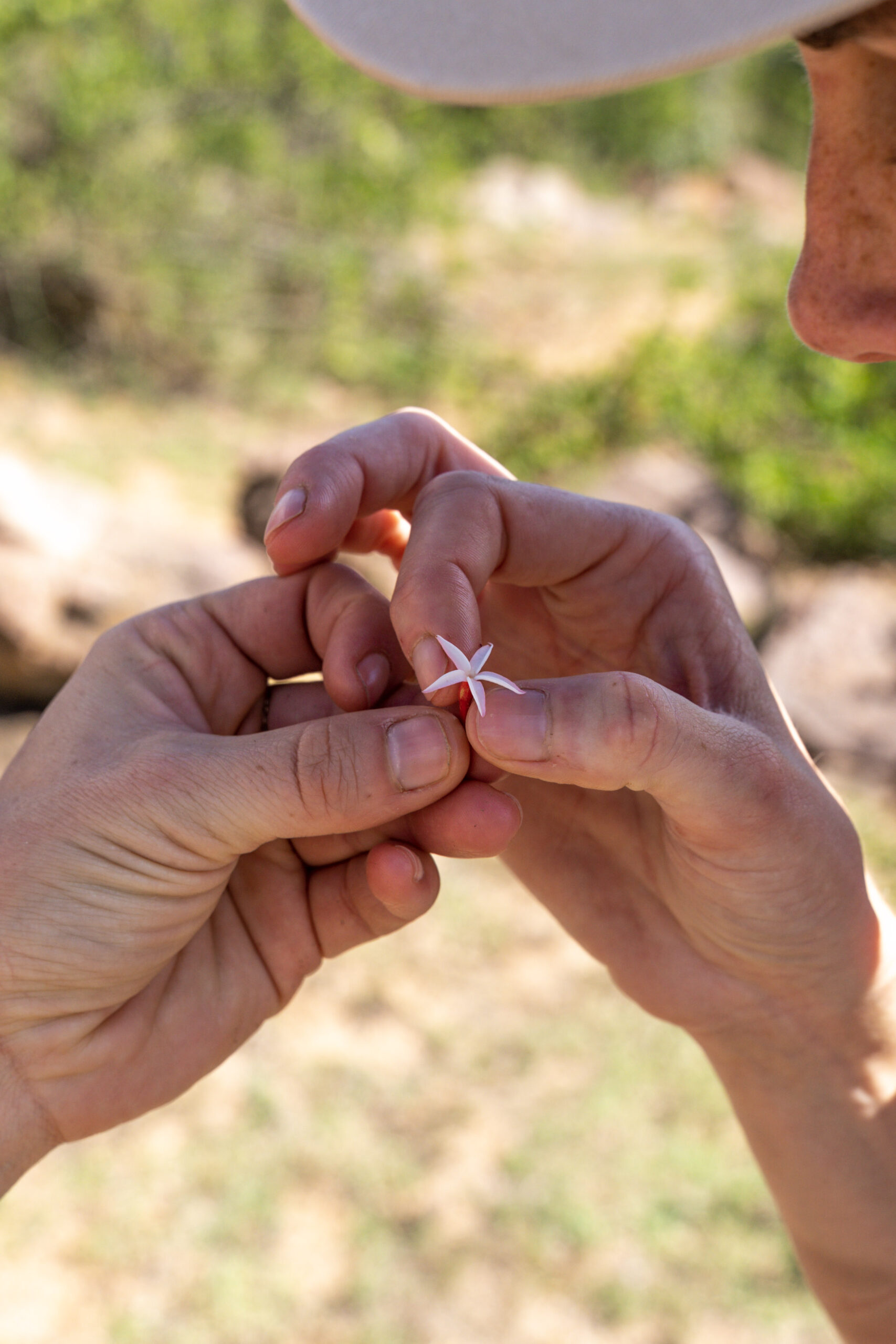
What is your dream project?
To get the most influential people, groups, companies and countries of the world to understand that to repair the damage to our planet, it will require a paradigm shift in their own drive and purpose, and that it is going to be much more about their sustainable funding to secure land and alleviating poverty that will save the planet rather than the actions of millions of the world’s poorest people. My dream project would be to make capitalism have more equity and empathy and to better finance biodiversity and functioning ecosystems towards local communities that protect such biodiversity.
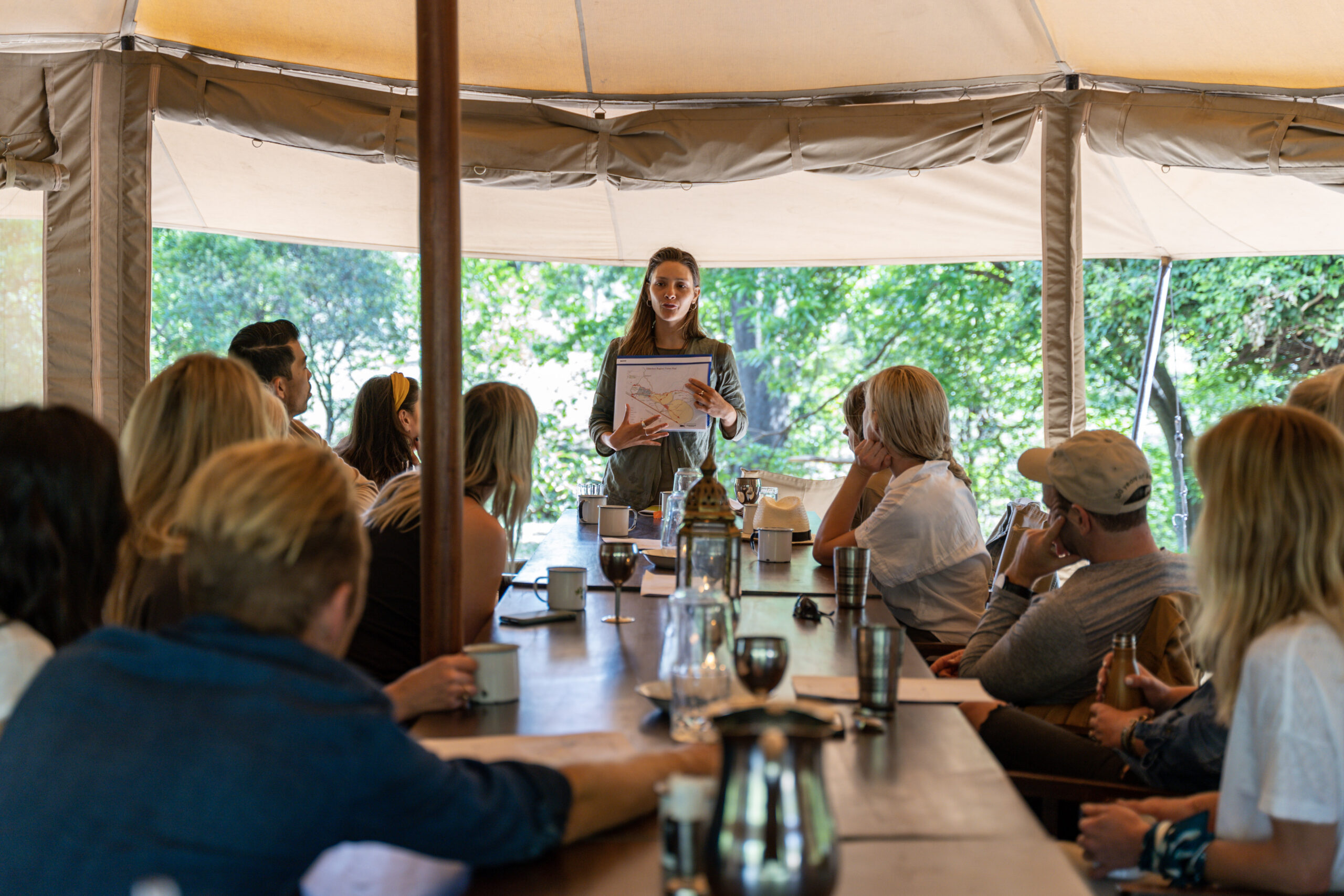
Favourite or most inspirational place ?
Always the Serengeti Mara Ecosystem ! Besides being a beautiful landscape full of mefafauna and dignified Maasai people, it is a look so the ancestral home of Homo sapiens, and living example of what can be achieved in biodiversity conservation if all the stakeholders are aligned.
What’s the best piece of advice you’ve been given?
‘Slowly, slowly catch your monkey’. My dad would tell me that it’s always better to take time working towards a well thought out goal, even if others don’t understand, and even if it has a great cost.
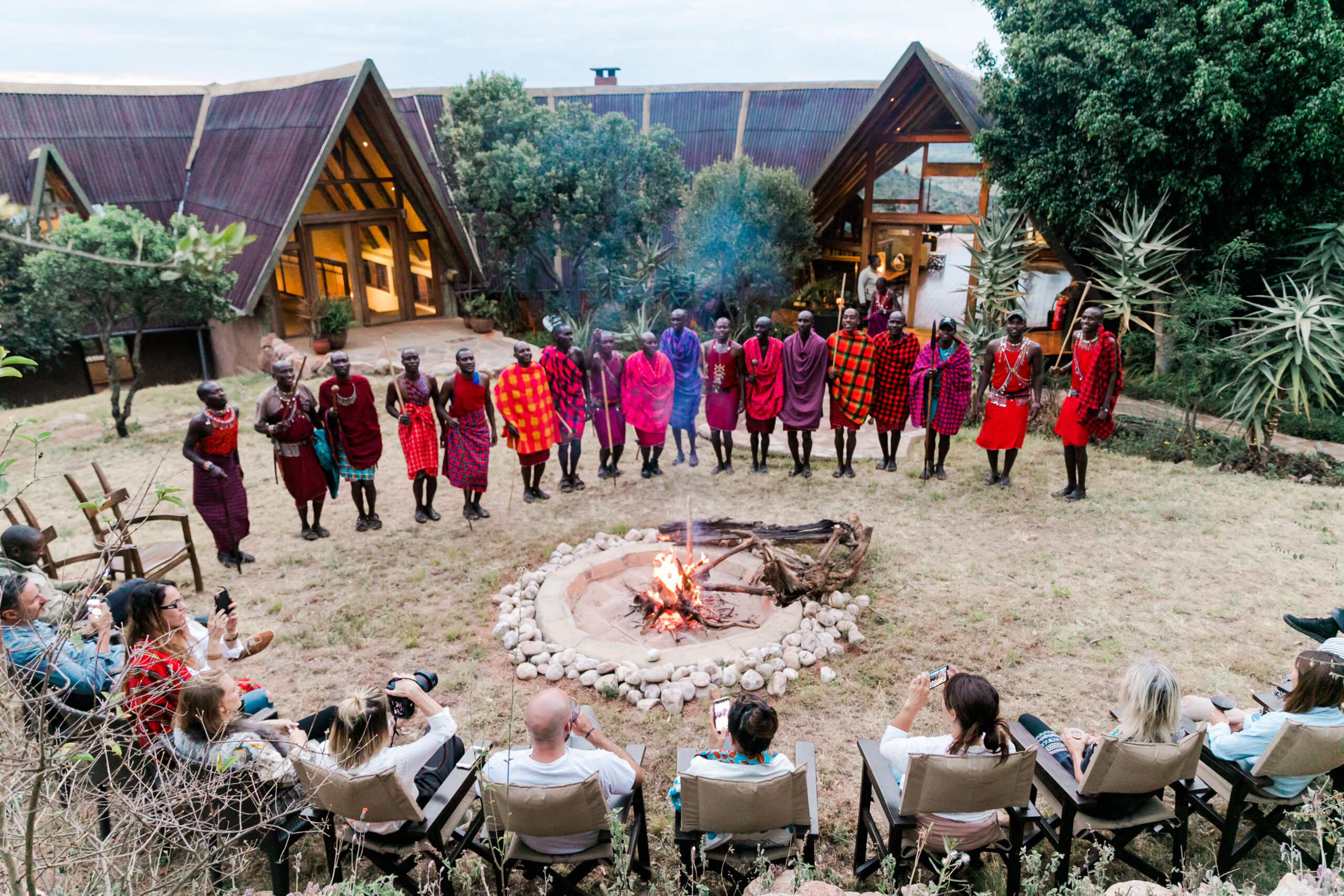
Professionally, what’s your goal?
I think it’s probably time to transition towards conservation education and mentoring.
Future plans?
Focusing on the success of our conservation model, and making it easily replicable by others interested in emulating our model. I will also work on Cottar’s Safaris continuing to offer the experiential and extraordinary hospitality and safari experience to our guests that we have always provided.


